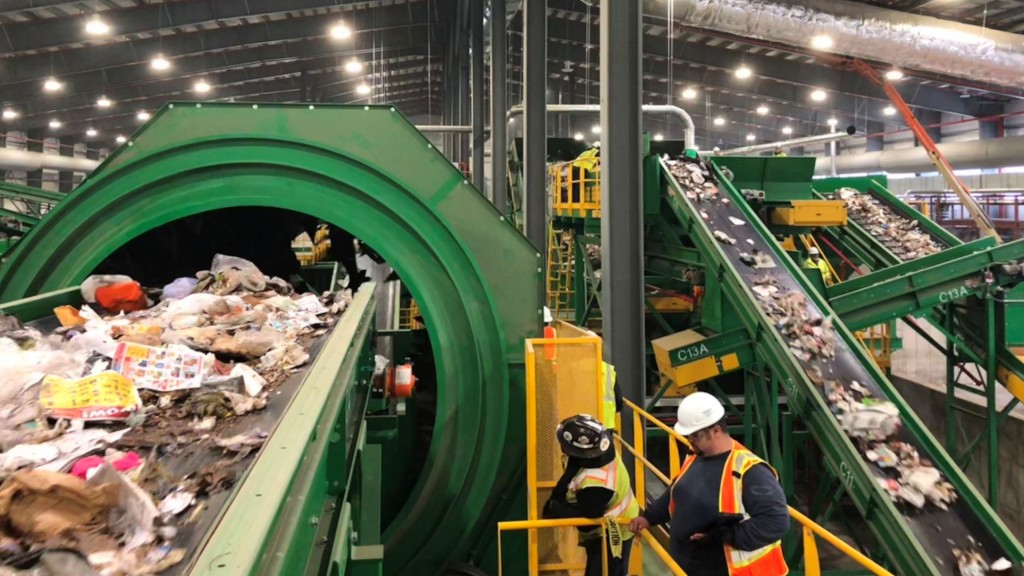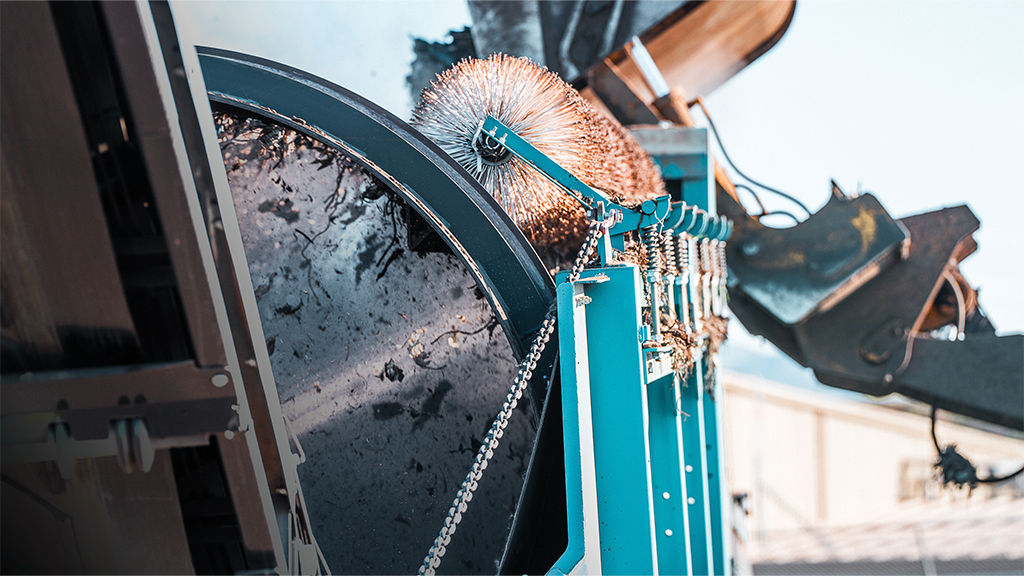New facility in Maine to allow for commingled trash and recyclables collection at the curb
Bangor facility to include a MRF, organics and plastics recycling, anaerobic digestion and wastewater treatment

In September the City of Bangor, Maine will formally move over to a new arrangement in which residents will throw all of their recycling in with their trash, leaving the mixed waste to be picked up from the curbside every week, as currently happens with trash.
Bangor will also close their local recycling station as part of the city's switch to a new integrated waste conversion plant in Hampden developed by Coastal Resources of Maine with Fiberight technology. The new facility includes a MRF (with systems and equipment supplied by CP Group) organic processing, plastics processing, anaerobic digestion (AD) and wastewater treatment. The integrated technology is intended to increase recycling rates without the need for extensive outreach programs and is easier for customers to use.
According to Coastal Resources of Maine, the benefits include: doubled recycling rates, action on global climate and sustainability commitments, and creation of value from otherwise wasted resources.
The advanced technologies at Bangor's new facility are undergoing final testing at the nearby Hampden, Maine facility, and are already in use at automated MRFs in North America and in Europe. The end product is cleaner and the system provides diverse types of materials that can then be reused to create new products. The Hampden facility's advanced MRF has a high degree of separation, recovery and monetization of commodity products. It also employs additional processes for generating clean cellulose, engineered fuels and biogas from traditionally non-recyclable materials.
Hired for the firm's technical expertise and experience planning large municipal solid waste and biogas programs and facilities, SCS Engineers provided an in-depth examination and analysis of the technologies, program sustainability and potential economic impacts of the facility.
The new Bangor facility will serve 116 municipalities and public entities represented by the Municipal Review Committee, a non-profit organization that currently manages the waste disposal activities in Eastern and Northern Maine. The facility is planning to start accepting waste from its municipal customers by the Fall.
"With the planning and cooperation of many, Fiberight's providing a truly sustainable solution in Maine while solving several challenges when consumers separate their recyclable materials and eliminating contamination," stated Bob Gardner, SCS Engineers Senior VP.
"The facility is capable of reusing nearly 150,000 tons of what formerly went into a landfill, is processing more municipal solid waste into high-value commodities, and is helping local municipalities and private waste haulers offset the cost of recycling."



